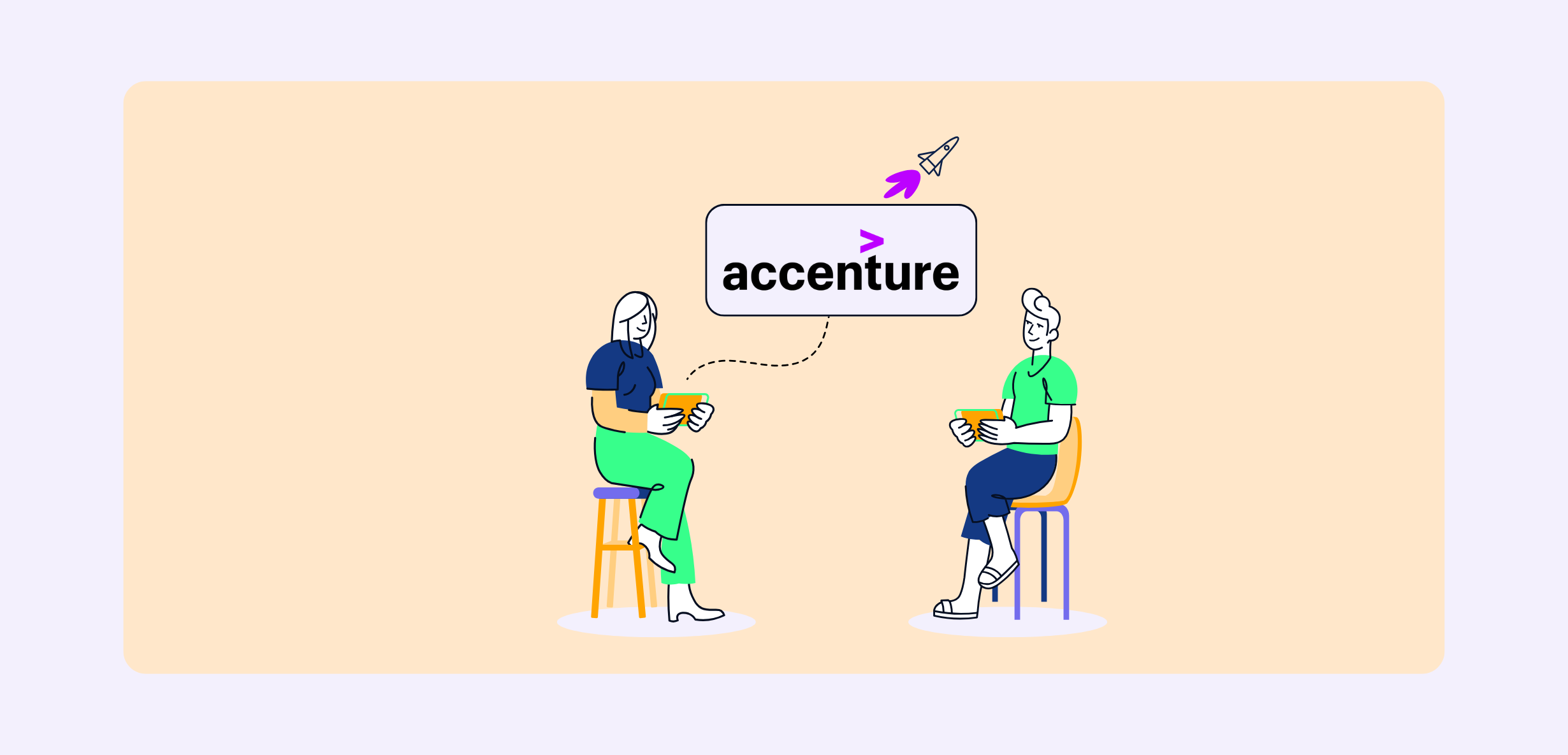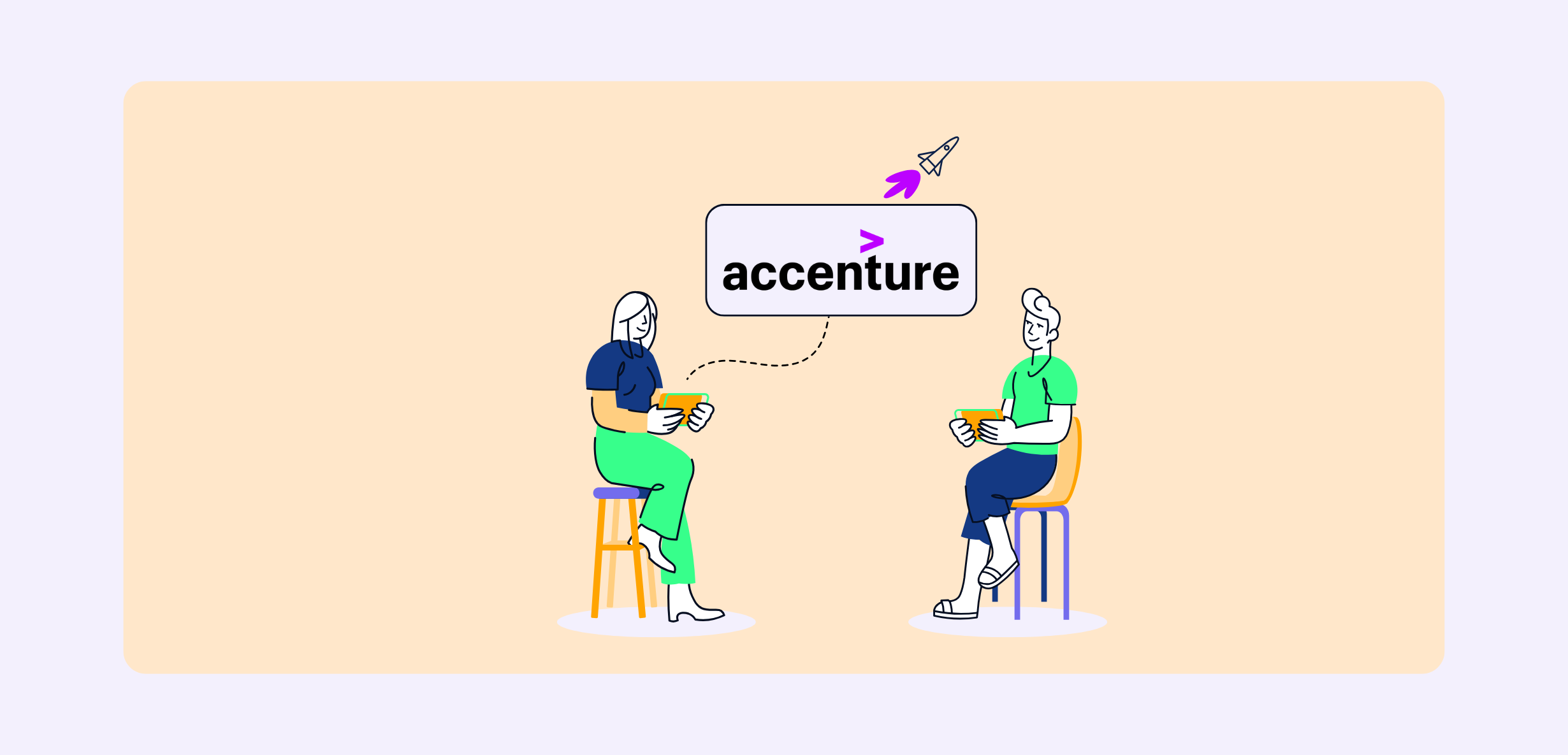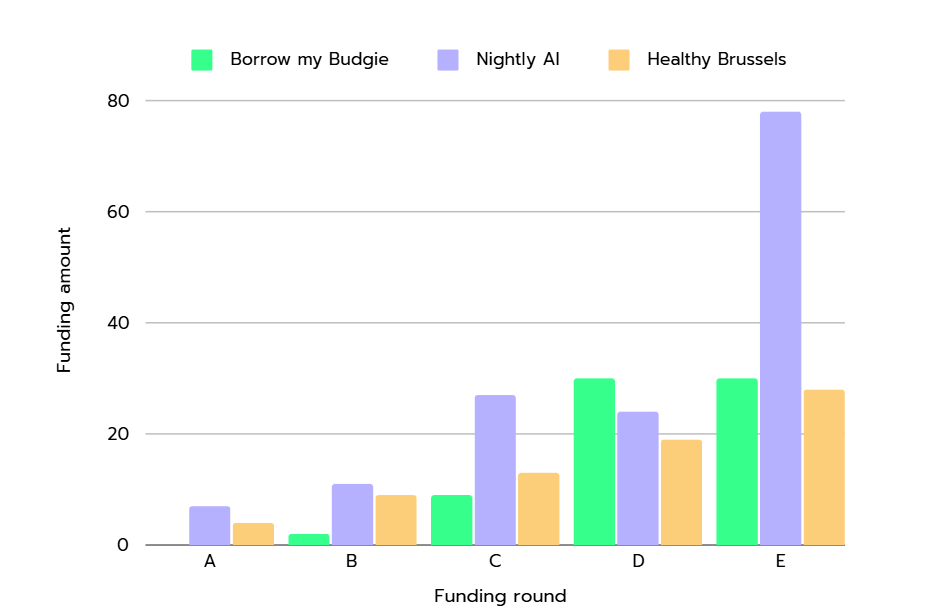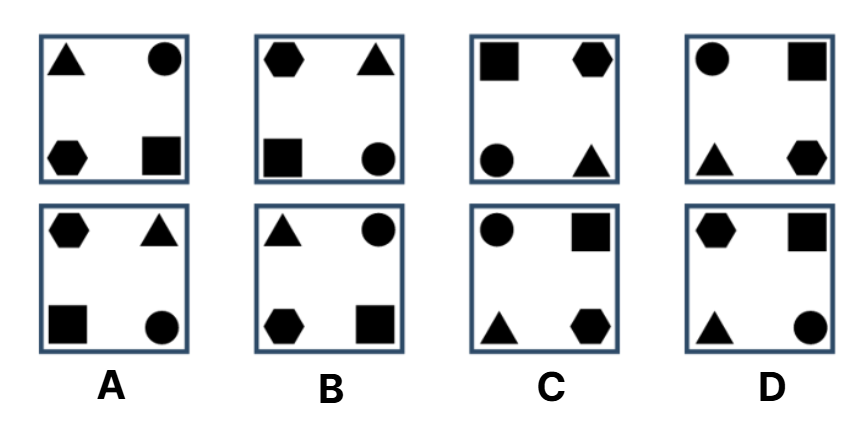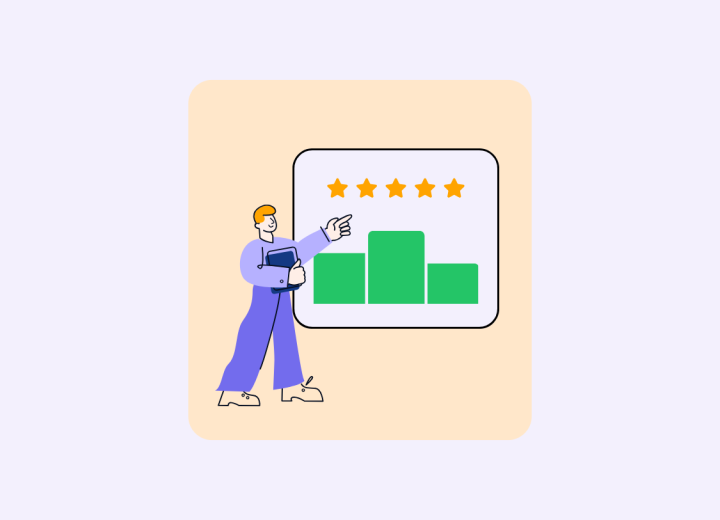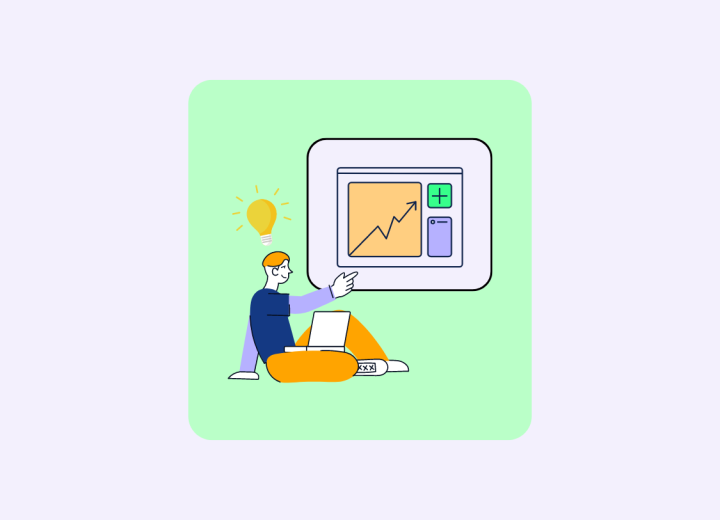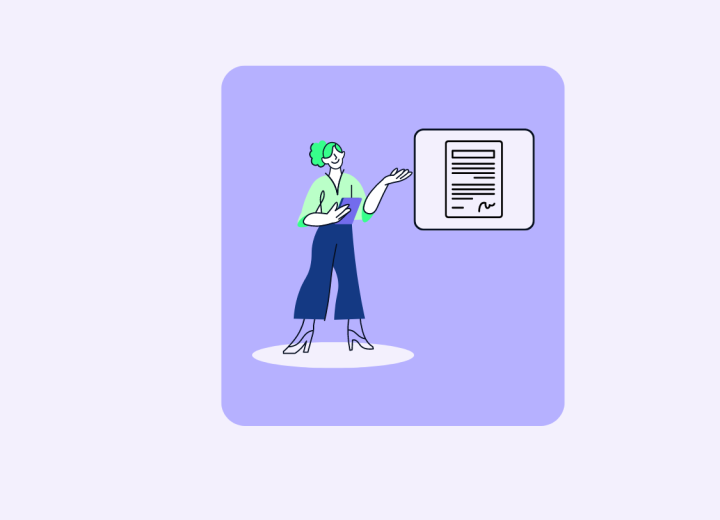If you're setting your sights on a consulting role at Accenture, one of the world's leading professional services firms, you’re likely full of ambition. But what will the journey to actually landing a job there be like?
To make this easy for you, we'll break down the Accenture recruitment process step-by-step, including possible online assessments, behavioral interviews and the much feared case interview. Learn everything you need to know to impress your interviewer and get the role you are looking for!
